Description
The CERCIDIPHYLLUM japonicum is a wonderful tree for many reasons. Its green, almost round foliage with red petioles (see photo) is simply stunning.
Moreover, its structure is quite elegant with its very fine branches, maintaining its charm even in winter after losing its leaves.
Although it is sometimes said that this tree can reach heights of 10 to 45 meters, it is important to note that it grows very slowly and, in Europe, will not exceed 6 meters after twenty years.
Finally, the tree’s display reaches its peak in autumn. At this time, the foliage begins to turn vibrant colors (green, yellow, orange, and red). Look at the photos above. As the leaves dry out later, you will understand its common name, the Katsura tree, as it releases a pleasant caramel-like fragrance into your garden.
To view all CERCIDIPHYLLUM variants actually available, please click here.
How to plant CERCIDIPHYLLUM japonicum
Plant the Katsura tree in full sun or partial shade, either in a group or as a standalone feature. It thrives in humid, even waterlogged areas.
The soil can be light, medium, or heavy, with an acidic, neutral, or alkaline pH.
If necessary, you can prune it in February or March before the new shoots appear.
This plant is highly resistant to cold, even temperatures below -20°C.
For proper preparation of the pot or planting hole, we have developed specific instructions available here. Furthermore, discover here how to water your garden and save water.
History and Origin
The species CERCIDIPHYLLUM japonicum is classified as “endangered” in China. However, if Japanese populations are included, it falls into the category of “least concern”. Its natural habitat is found in both of these countries.
In the past, Katsura trees in China were known as CERCIDIPHYLLUM japonicum var. sinense. However, nowadays, they are considered the same species.
The C. japonicum is a highly valued ornamental tree in Japan and many other countries, particularly for its unusual foliage, elegant structure, and the caramel-like fragrance it releases in autumn.
This species is dioecious (with distinct male and female individuals) and is also known for being resistant to pests.
The Japanese utilize them for construction timber production. Additionally, due to its hardness, it is used to make goban (Go game boards).

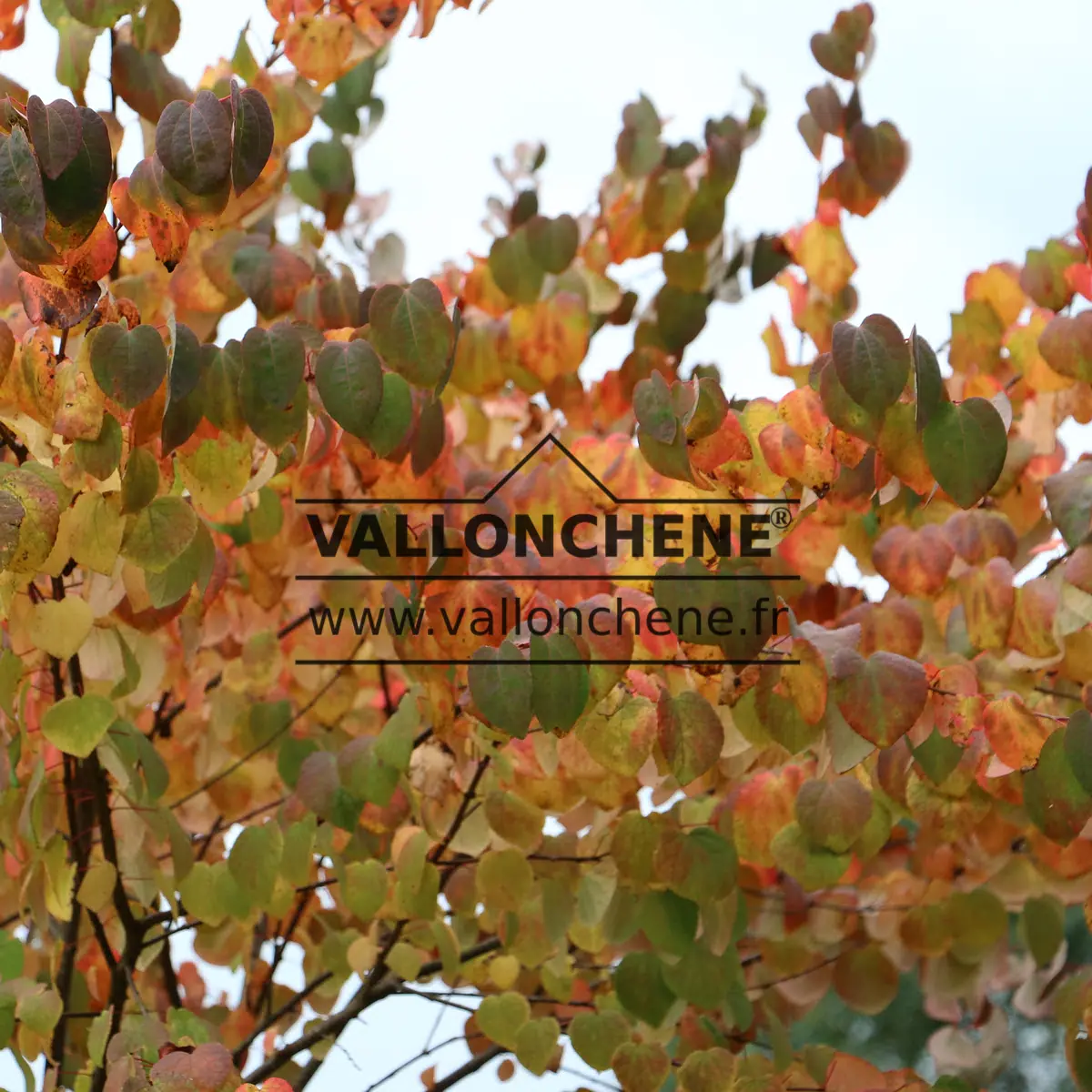
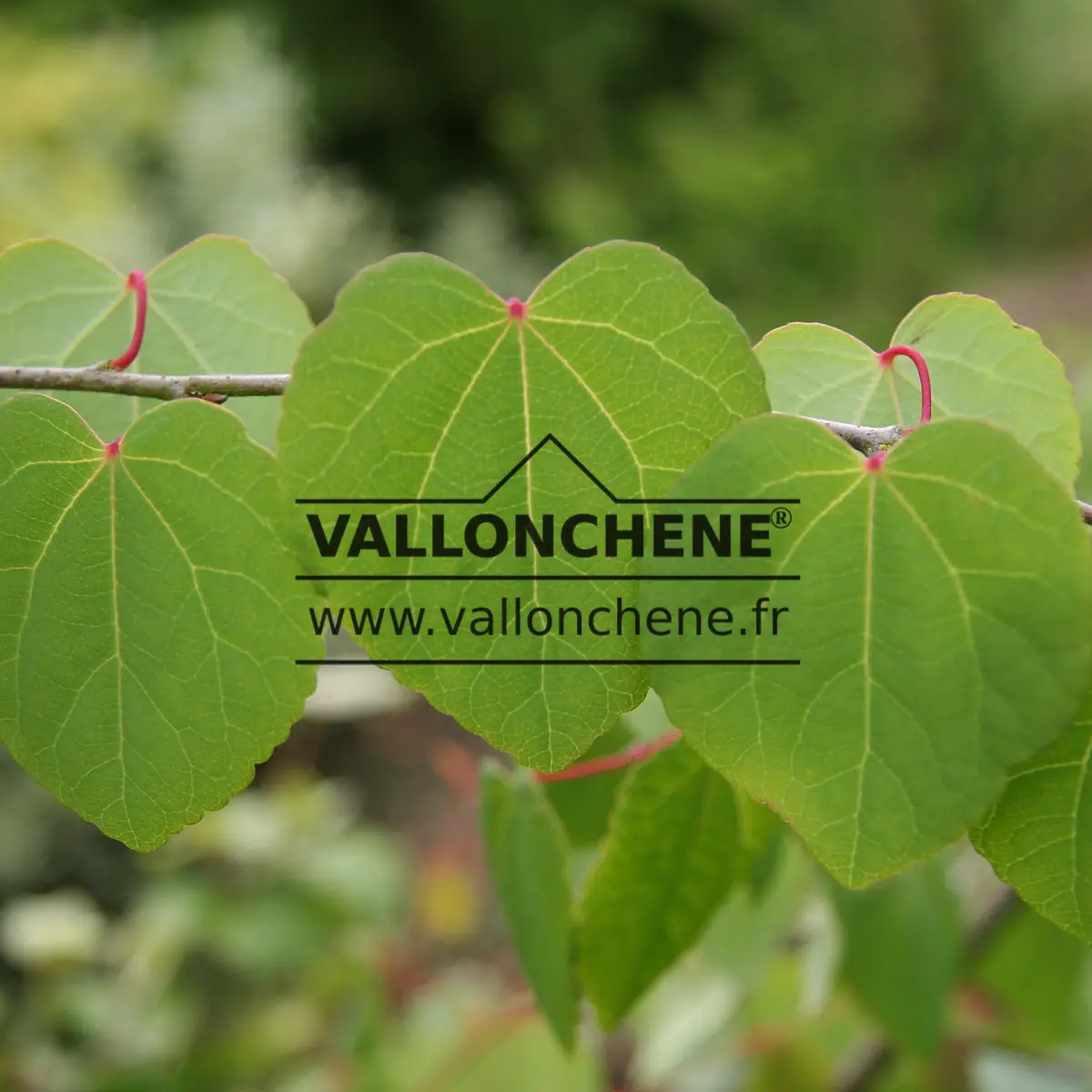
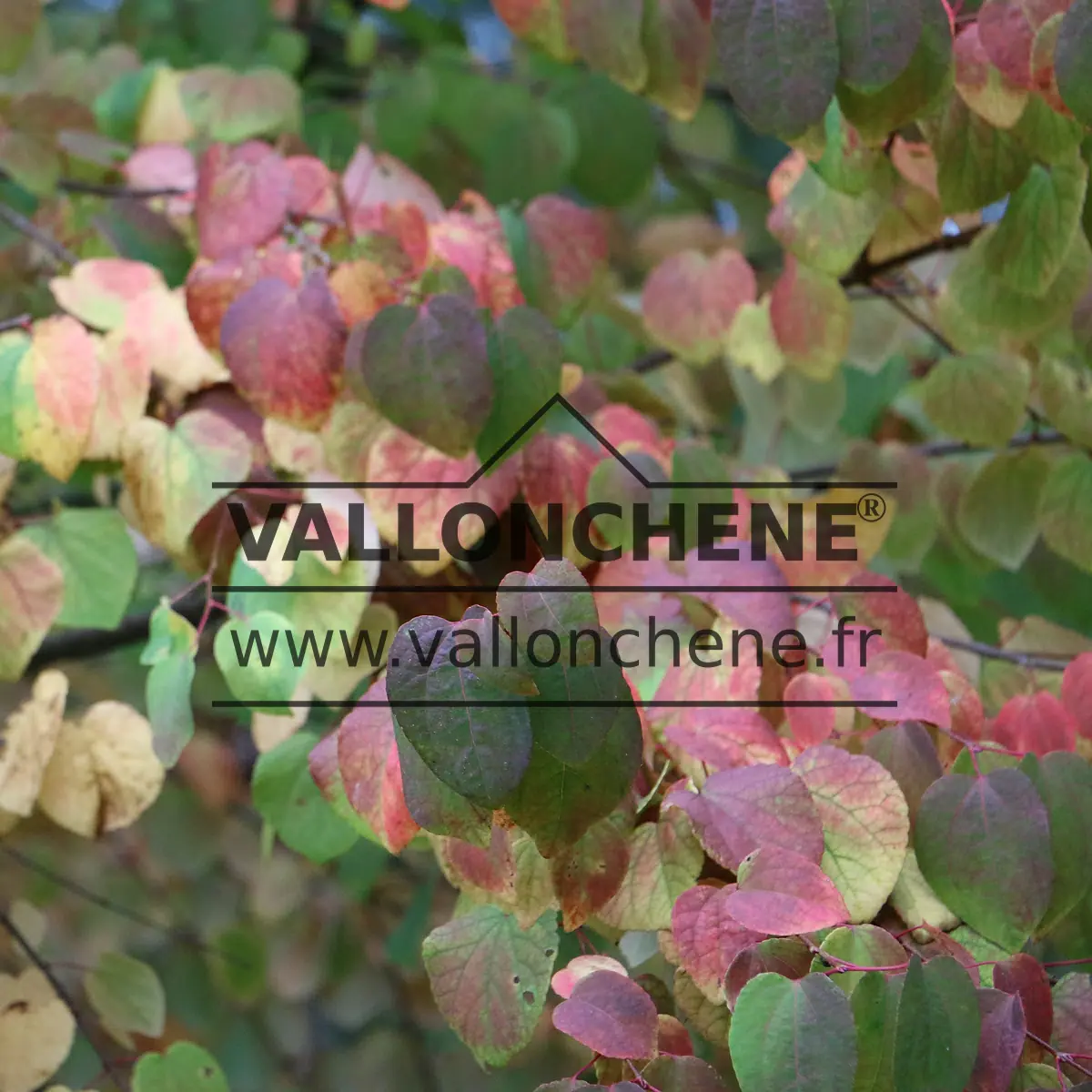
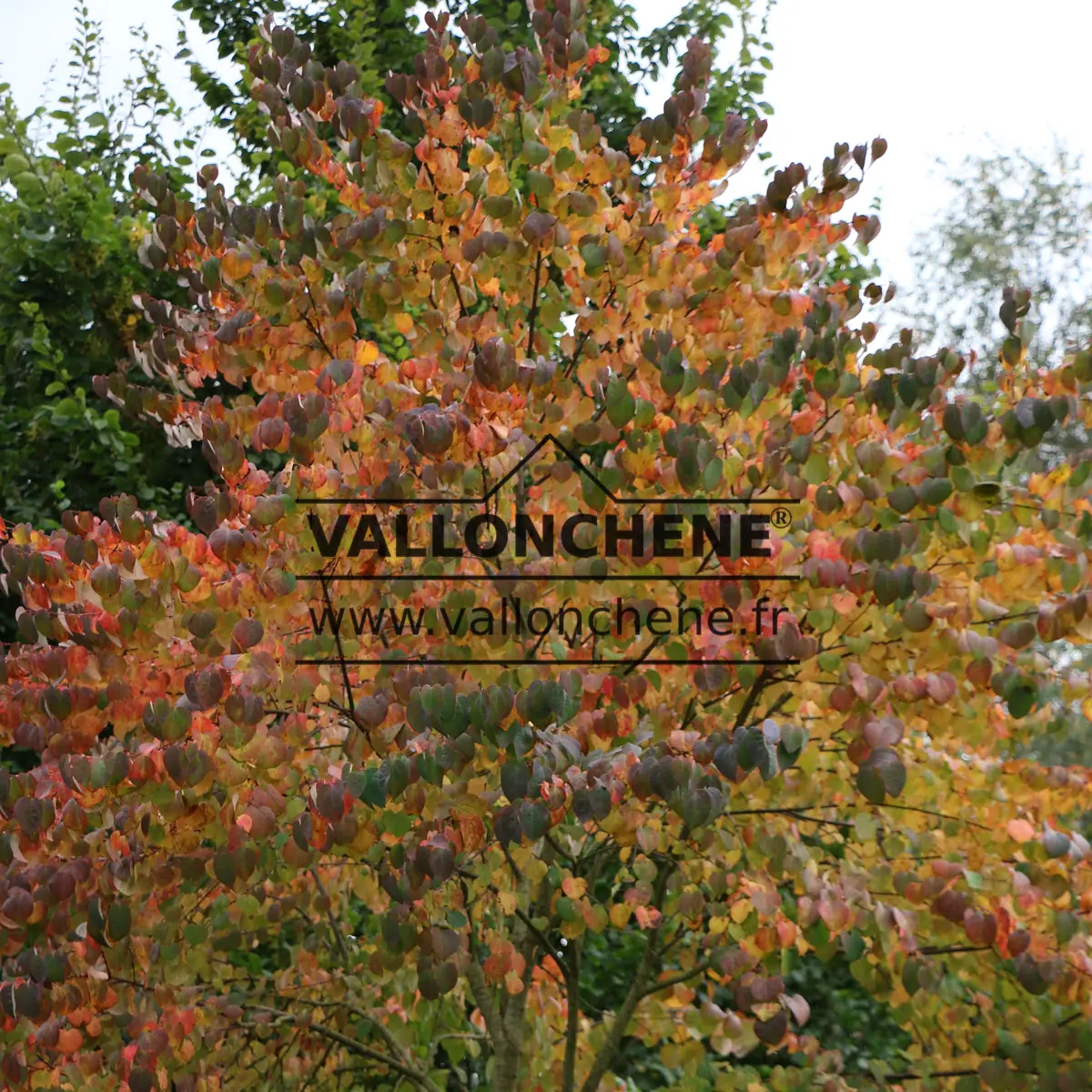
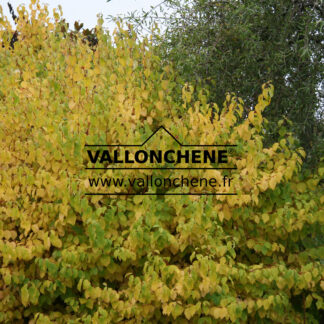
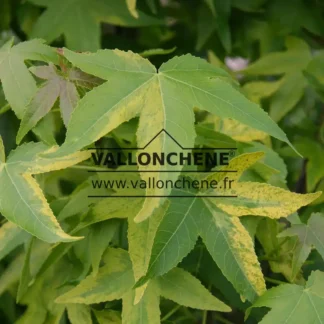
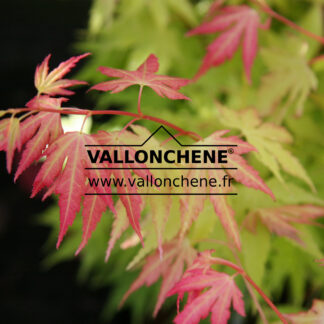

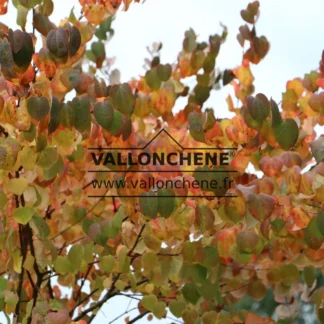
Reviews
There are no reviews yet.